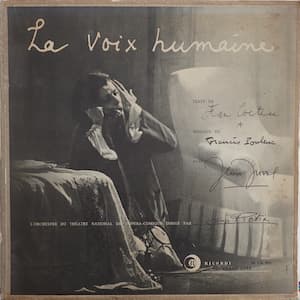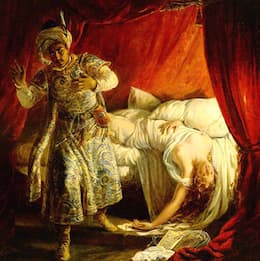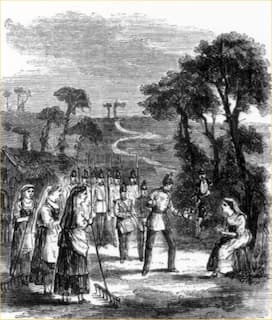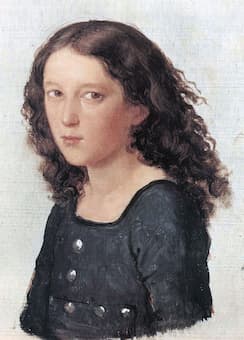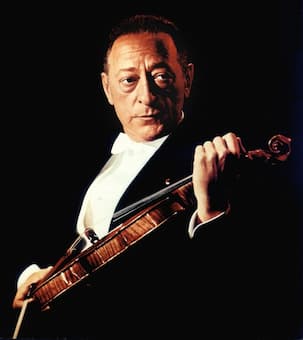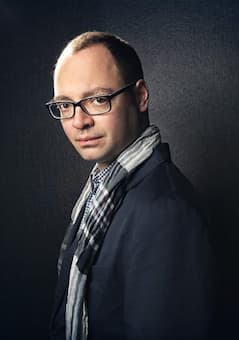Music has long been associated with royalty, from coronation anthems to music for royal fireworks, and much more. To celebrate Queen Elizabeth II’s Platinum Jubilee, the Royal School of Church Music (RSCM), a UK music and education charity based in
Articles
Francis Poulenc: La voix humaine In the early 1920’s, Jean Cocteau (1889-1963) had been the unofficial spokesman for a group of six composers emphasizing directness, simplicity, clarity and humor. “Les Six,” comprising George Auric, Louis Durey, Arthur Honegger, Darius Milhaud,
After the enormous success of Aida in 1871, Giuseppe Verdi decided on an early retirement. He still had things to say, but as a composer who had been at the forefront of Italian musical taste for two decades, he now
In one way or another, this seemingly never-ending pandemic has greatly affected each and every one of us. It has severely restricted our freedoms and abilities to travel, affected our livelihoods, and occasionally left deep scars on our psychological wellbeing.
As soon as an opera hit the London stage in the mid-to-late 19th century and everyone was familiar with the tunes, it immediately became subject of humorous versions. Beethoven’s Fidelio was turned into Pizzarro the Great Tyrant or the Little
On 3 February 1809, Felix Mendelssohn was born in Hamburg into a highly prominent Jewish family. His grandfather Moses Mendelssohn was the “preeminent Jewish philosopher of the Enlightenment in Germany, who had argued for religious tolerance and the assimilation of
After the 19-year-old Jascha Heifetz played his London debut, Georg Bernard Shaw wrote to him, “If you provoke a jealous God by playing with such superhuman perfection, you will die young. I earnestly advise you to play something badly every
Born on 1 February 1973, the Russian pianist Alexander Melnikov began his musical studies at the Moscow Central Music School at the age of 6. Although he never considered himself a child prodigy, he did play Rachmaninoff’s first piano concerto


